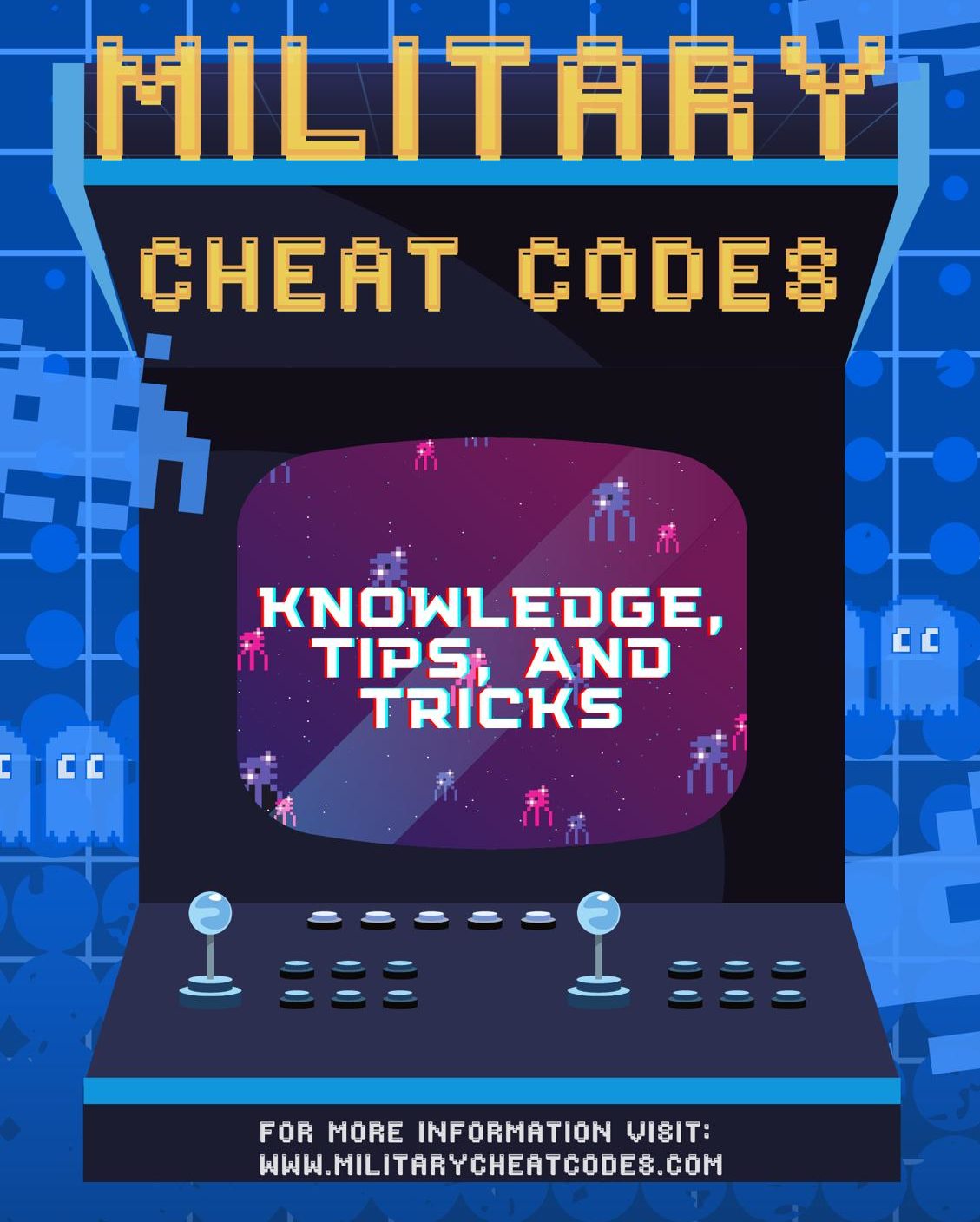Caring Just the Right Amount: The AKU Process
We are all familiar with the pitfalls of not caring enough. Some of the worst disasters in the world are caused by people being sloppy or even indifferent in their work. Chernobyl nuclear meltdown, sinking of the Titanic, and the loss of the space shuttle Challenger could all have been avoided if key actors paid more effort in the areas of their responsibility. Risks posed by careless planning are evident in the military context too, but on a personal level harm can be caused also by caring too much. How? Let me explain…
In the 2016 action movie The Accountant there is a great scene where the assassin/accountant protagonist played by Ben Affleck has a meltdown following an interrupted assignment. In the movie the difficulty of not being able to finish the given task is influenced by the obsessive-compulsory disorder of the character, but disturbance of a pre-set plan is difficult for people not in the autism spectrum too. In the military, especially in the staff duty, we tend to fall in love with our own ideas and concepts. Being heavily invested in a “say” course of action and then watching it go down the drain can be devastating to ones psyche. Not to mention, facing all the tasks with full blast is in conflict with economical use of resources and is a sure-fire way to deprive your mental and physical stamina.
The phenomenon of caring too much is manifested in different intensity depending on the position of a soldier. Commanders might experience it more lightly, since commanding is usually picking from a variety of options presented by their subordinates. For us OF-2s and OF-3s in the salt mines, repeatedly pouring your heart on paper and having it shredded in front of you is a daily chore. Even a Private might have to deal with these feelings after digging a perfect foxhole, pitching a perfect tent, or meticulously cleaning their service weapon, just do it all over again. These experiences can lead to different coping strategies. In this article we focus on dealing with this phenomenon in staff duty.
The strategies can of course be good or bad. A bad strategy would be to regress to the level of not caring. Needless to say, this produces poor planning and, with a commander like President Arnie from the Simpsons, a possible disaster when a throwaway-COA is selected for execution. The constant disappointments from recurring experience of having your ideas destroyed and torn apart usually leads to this strategy. It doesn’t have to be this way, though.

The key to survive and even thrive in the staff duty is caring just the right amount. The tools for this strategy are housed inside your “K-pot”. In honor of the Stigler’s law of eponymy, we might just call this simplified Boyd-cycle: the AKU-process. It consists of three steps:
Step 1: Assess and identify the importance and difficulty of the task
Not all tasks are equal. Most tasks in the military can be placed in the following matrix:
|
Importance |
Menial | |
| Easy / quick |
For example: Single RFI / question from within own office |
For example: Single RFI / question from outside own office |
| Hard / time-consuming |
For example: Anything involving other people |
For example: Detailed report requested outside own office |
The examples are for illustrative purposes only. Generally speaking any task affecting the lives of other people is important in a sense that half-assing one will leave to misery in the following links of the chain. In staff duty, these tasks include exercise plans and any products of the Military Decision-Making Process.
In the military-bureaucratic system we love reports. The thing is, the greater the distance between the customer and the producer of a report, the more leeway is usually given in the accuracy of a single piece of the larger end product. This wiggle-room comes in handy when assessing the importance of different inputs to larger entities.
And last, since human is a social animal, any small tasks given to you by your close colleagues are important, even when they might not be important an sich.
Step 2: Kill all the non-important tasks
Now that the importance of the tasks has been estimated it is the time to allocate resources (i.e. your time) to completing these tasks. Some of the of the tasks present in the staff duty are so menial, that even totally skipping them will go unnoticed. And if you have failed to estimate the importance of the task accurately, you will surely be reminded if you skip a task which actually was more important than you thought of. Trust me. Some tasks need to be completed but the required quality of the work is low. There is a balance in this. After finishing the non-important tasks by just clearing the bar it is time to tackle the important tasks. There are shortcuts to completing the important ones, but they are not discussed in this article. Just following your training usually gets you far in these.
Step 3: Don’t be Upset if your work still goes in vain
Even if you assess the importance of a task correctly and apply just the correct effort to its completion, it is still possible that for the reasons beyond your control your work may vanish into thin air. This happens to the best of us. In these situations, it is important to remember that you took all the cautions and did your best. Remembering that you still get paid also helps to maintain the stoic calmness. Life goes on. It is also possible that the turd you kept on polishing was not so great after all. The concept of sunk cost revolves around this issue: the difficulty of abandoning something that is a result of great effort. A brave officer knows how to quit while still winning, or at least before losing everything.
Conclusion
I have accumulated this wisdom in the service of the United Nations, the European Union, and the Finnish Defence Forces. Like anything coming from a captain these instructions should be taken with a grain of salt. I tried to keep the tips presented here as universal as possible, but there might still be situations where they don’t apply. For example, a staff section where no unnecessary tasks are given. Or one where no good plan ever gets dismissed. I have yet to see such an environment.


Sandels is a Finnish Defence Forces captain with 14 years of service behind and soon headed to The General Staff Officer course.
